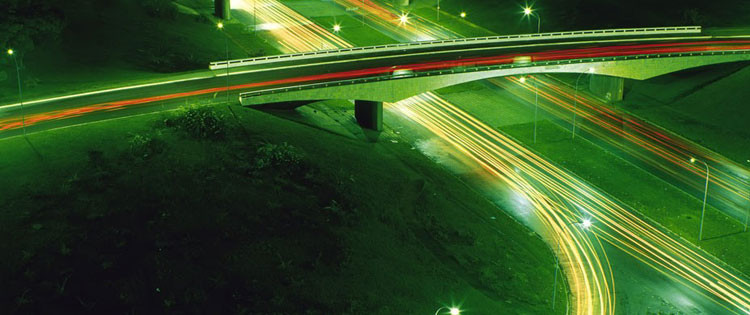Fairfax County Virginia is forcing drivers onto the outlandishly expensive toll road on I-66 in Virginia by making the alternative worse – a $94 ticket for taking neighborhood streets.
Link to article here.
Virginia Restricts Use Of Public Roads In Neighborhoods
Fairfax County, Virginia to ban drivers from turning onto free public roads based on residency.
Virginia for the past several years has been turning its freeways into toll roads. A ride on Interstate 66 into Washington, DC, for example can cost as much as $44 one way. Motorists attempting to avoid these fees by taking neighborhood roads could soon be thwarted with a ban on entering certain free, public roads for vehicles that fail to display a special resident permit for that neighborhood.
Fairfax County on Tuesday provided an update on its new resident cut-through permit program. The policy is a significant expansion of existing turn restrictions found in three county locations that apply to all traffic turning off of busy roads. The non-resident turning bans will impose a $94 “failure to obey a highway sign” penalty on drivers who turn onto a neighborhood road without a permit during designated times. These permits are only granted to the owners of homes within the “primary use area” of the neighborhood.
“Permits would not be available for visitors, caregivers, service providers, non-resident owners, relatives or other non-residents,” county briefing material explained.
State Delegate Kathleen Murphy (D-McLean) introduced the legislation making the non-resident bans possible. Her bill sailed through the state Senate on a 32 to 7 vote, and the measure cleared the House of Delegates without opposition.
“A county operating under the urban county executive form of government may by ordinance develop a program to issue resident permits or stickers to residents of a designated area that will allow such residents to make turns into or out of the designated area during certain times of the day when such turns would otherwise be restricted,” Virginia Code Section 15.2-2022.1 states.
The legality of non-resident ban is likely to be challenged. A lawsuit was filed against Leonia, New Jersey, last year over a similar program designed to thwart cell phone apps like Waze from directing motorists through the town to avoid traffic jams. The Hudson County Superior Court declared the town’s non-resident driving restriction ordinance “null and void” in August, enjoining the town from enforcing the policy. The town adopted a new ordinance in September that reimplemented the policy, triggering a second lawsuit.
A Fairfax County memo from May 14 admits there is “no public safety nexus” for the program which is “not considered high-priority” for the deployment of police.


